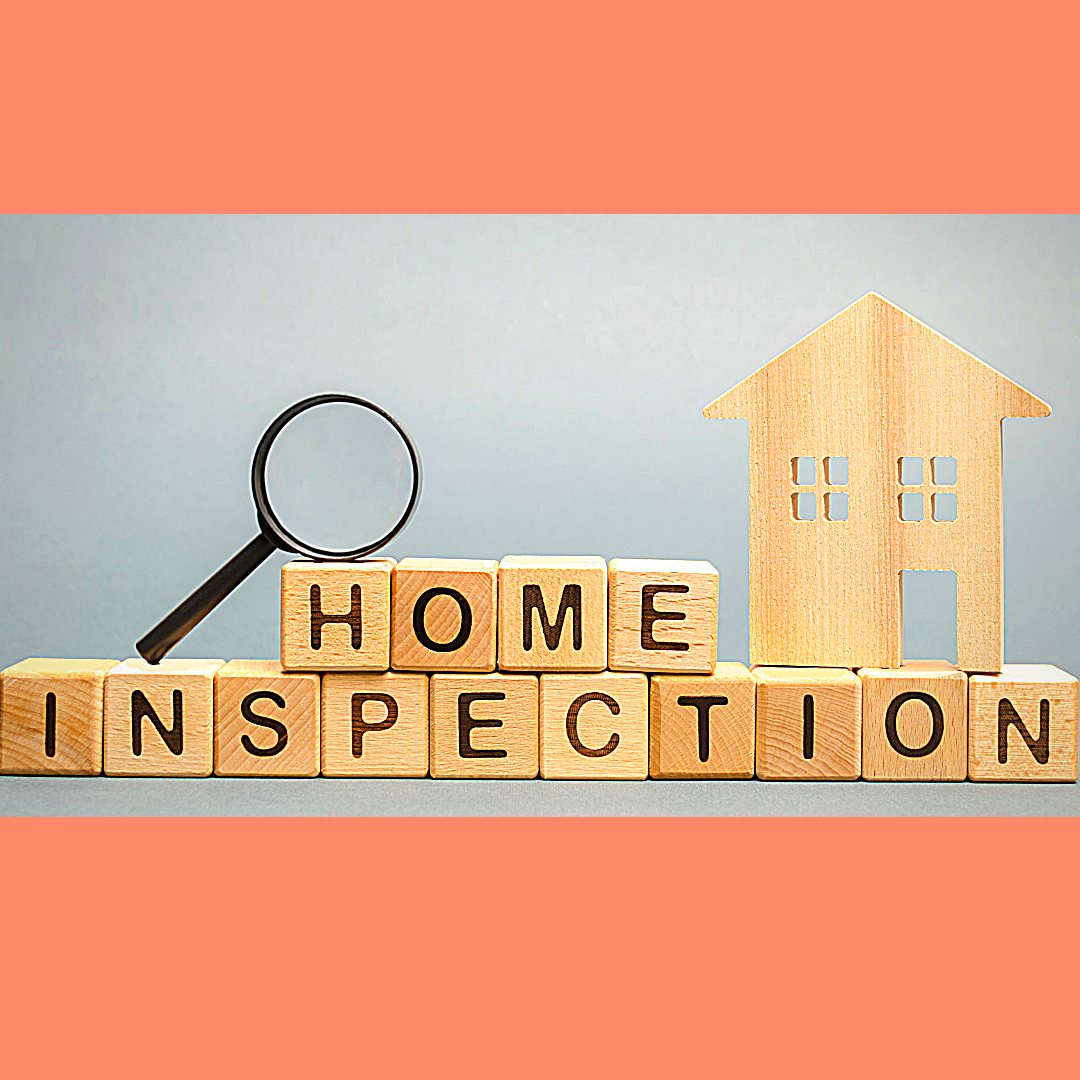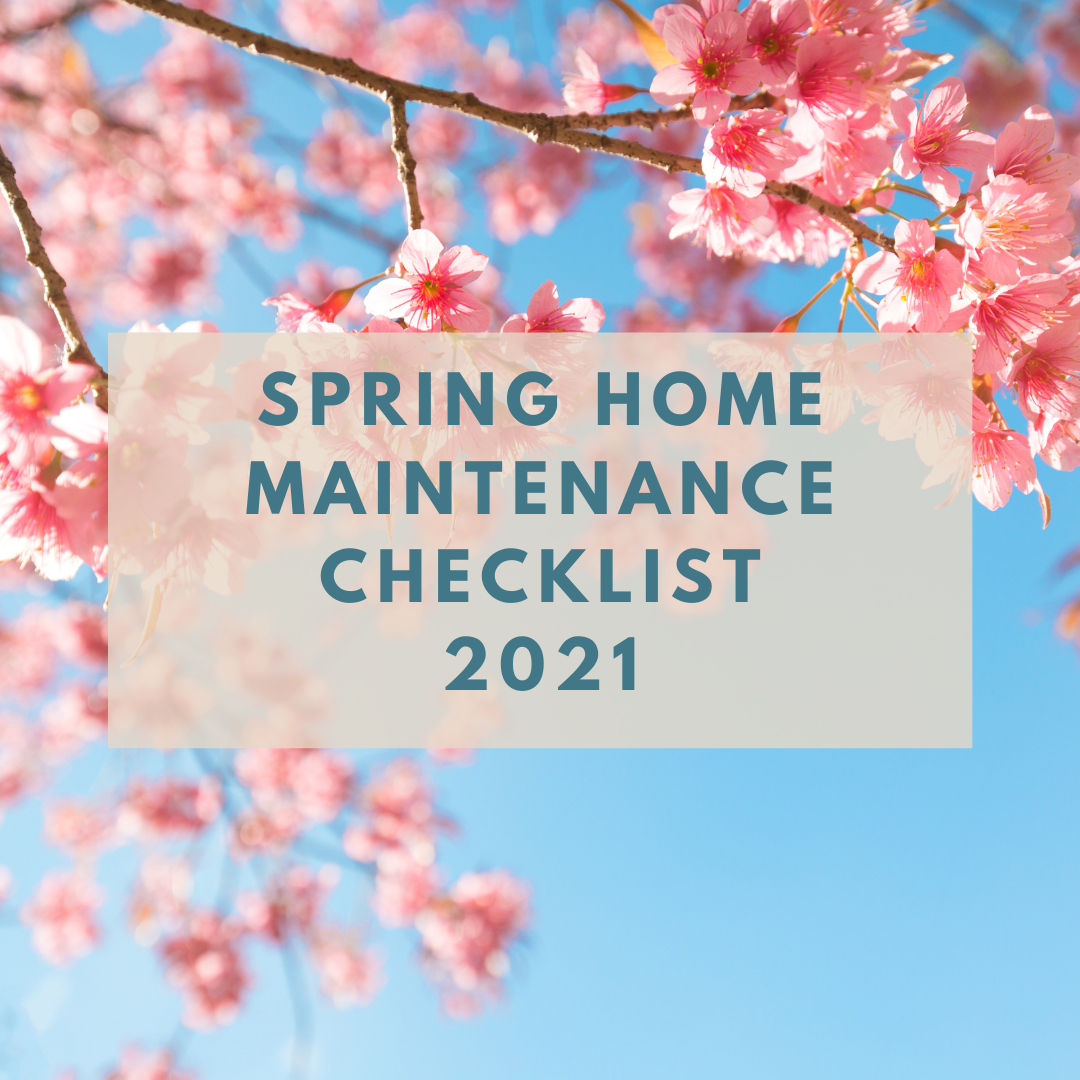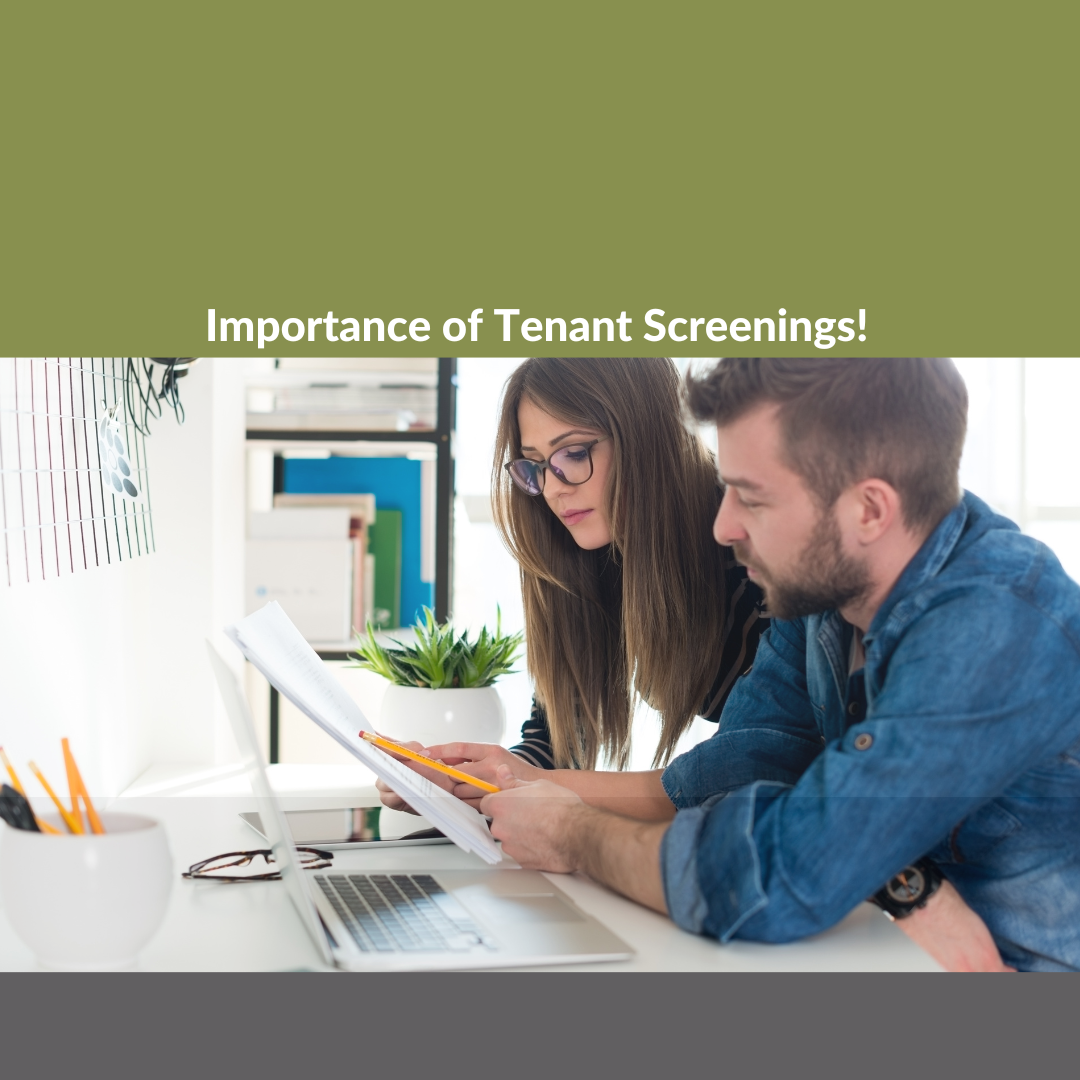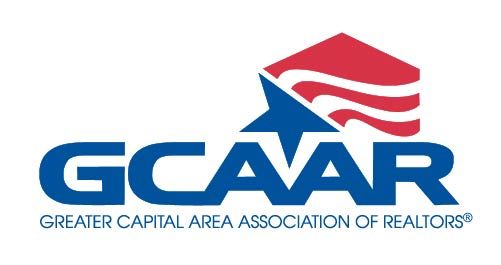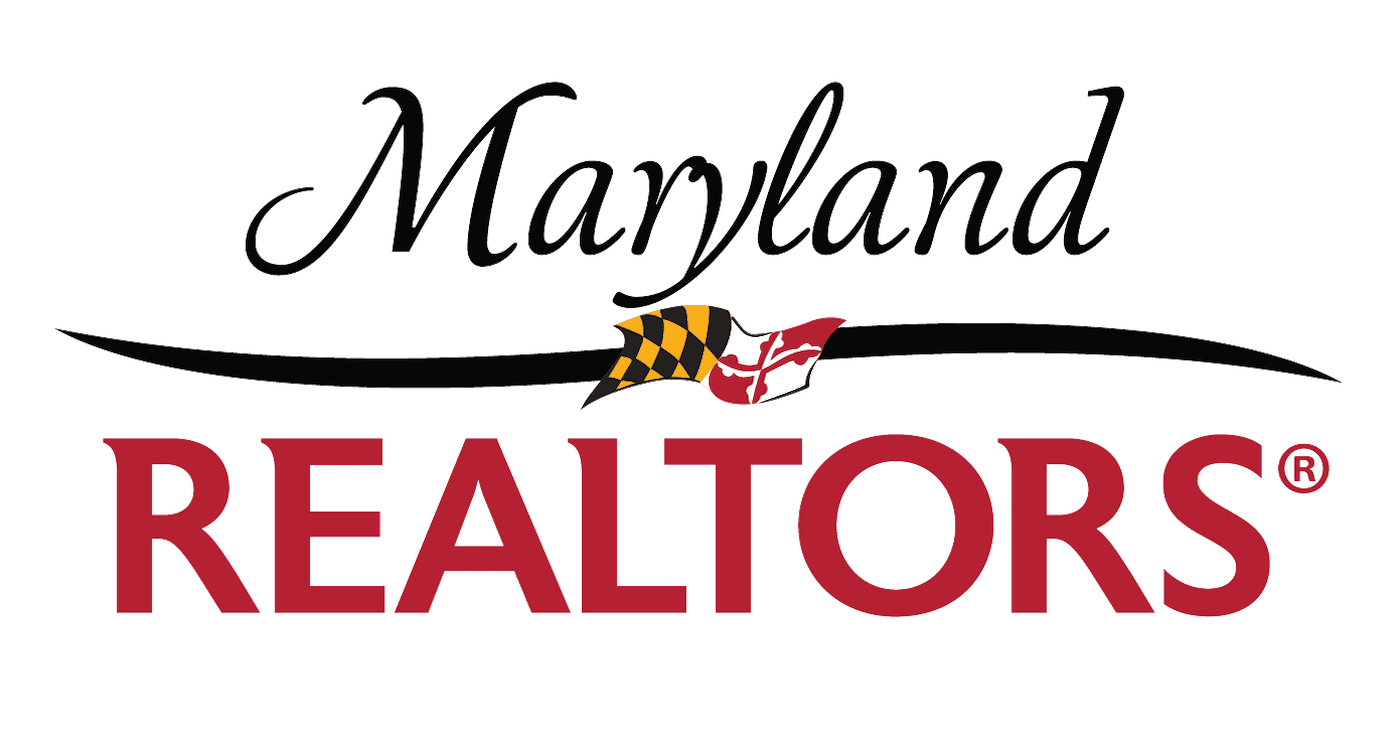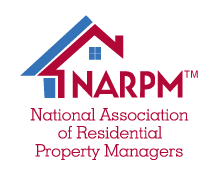Real Estate Investing - 6 Tips from the Experts

Considering becoming a real estate property investor
but need a little guidance on where to start?
Here are 6 helpful tips to help you in choosing
the best property for your situation.
1) Fixer Upper vs Move-In Ready
Purchasing a property that requires renovations can be a daunting task to take on. Things to consider are the cost it will take to get it move-in ready, any mortgage payments to be made during the renovations, and the amount of rent you will be able to get once the project is finished. If the return doesn’t outweigh the cost, then purchasing a move-in-ready home is the better option. We recommend consulting with a Property Manager that specializes in Project Management for remodels and one that is an expert in the area to guide you through the process and would know best the amount of rent you can charge.
2) Condo vs Single-Family Home vs Townhouse
There are 3 different styles of home to choose from, a condo, townhouse, or single-family home. A condo would be a smaller space to maintain, with no outdoor maintenance, and many times the utilities are included in the condo fees. A townhome would be minimal maintenance as usually, the yards are quite small. A townhome can be found in the city or the suburbs and is great for a renter looking for an outdoor space for young kids and/or pets but without the daunting task of maintaining a large yard. A single-family home would be a larger purchase in regards to price and maintenance. Many maintenance costs, like landscaping and utilities, are often passed to the renter.
3) ROI (Return on Investment)
When factoring in the option to purchase an investment property, the length of time you plan to own the property will come into play. The longer you own it, the more likely it is to make a higher profit when you are ready to sell it. Also, all the monthly mortgage and maintenance should be less than the amount of rent you collect. You will want to maintain a nice cushion for any major issues that could arise long-term, like the need for a new roof, new appliances, or possible water damage. In any situation, we recommend purchasing a home warranty to cover the larger issues that could arise and also having approximately 2 months' equivalent of rent in a savings account specifically for rental property repairs.
4) Costs to consider
- Depending on the type of property, Condo and HOA fees are a cost you cannot avoid. Condo fees typically are significantly higher than HOA fees. The advantage of a condo is that the condo association will take care of all of the maintenance items for the exterior of the unit, amenity fees for your renter to enjoy, as well as insurance amongst other costs.
- Property taxes are a yearly cost that will need to be paid. There is the option to add it to the monthly mortgage payments to spread it out over the year. We recommend consulting with your financial or tax advisor.
- Another fee is the mortgage payment and other fees during any vacancy periods. There is no way to predict this cost, but it is recommended to set aside funds for this situation as well as utilities and landscaping maintenance.
5) City vs Suburbs
The closer to a city you get, oftentimes the smaller the square footage of the property available to purchase compared to the same price point in the suburbs. Most often, a condo or townhouse is an ideal option for those wanting to live close to the city. The suburbs will be primarily single-family homes with townhouses and some condo options as well.
6) Rental Demand
The area you decide to purchase in will determine the market rent. Consulting with a property manager that is an expert in the area will help make sure you purchase in a rental demanded area. Typically property managers are also real estate agents and can help negotiate a great purchase price for you.
If you are looking for investment property experts in the Northern Virginia,
Maryland, and DC rental markets, give us a call at 703.966.2232 for a
professional consultation to discuss your real estate investing needs.
Share this post




